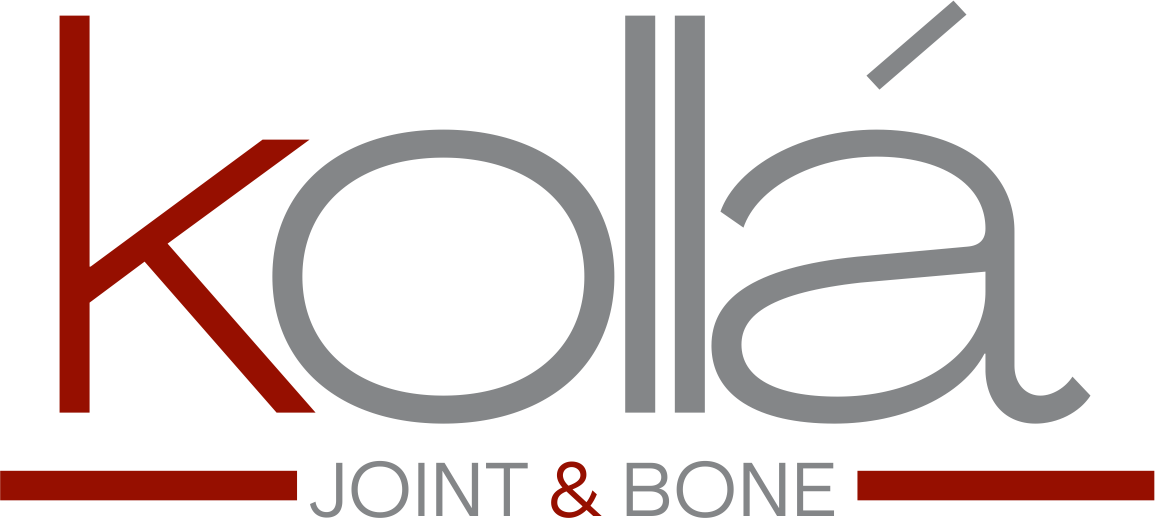
- SO WHERE DOES COLLAGEN FIT IN?
- THE MEANING OF HYDROLYZED COLLAGEN
- BENEFICIAL EFFECTS ON YOUR HEALTH, BODY, AND DIET
- THERE ARE DIFFERENT TYPES OF COLLAGEN
SO WHERE DOES COLLAGEN FIT IN?
Collagen protein is the primary component of connective tissue that consists mainly of long cellular fibers embedded in the non-cellular matter (named: Extra Cellular Matrix -ECM). These fibers contain a protein called collagen.
The density of these fibers and the presence or absence of certain micronutrients and biochemicals make some connective tissues, such as
- soft and rubbery (cartilage)
- hard and rigid (bone)
- Micronutrients in bone include phosphates (50%) which form a complex with calcium in the (bone matrix)
Connective tissue with collagen protein can also develop in any part of the body, and the body uses this ability to help repair or replace damaged areas. Scar tissue is the most common form of this ability. The cells that produce collagen protein in the human body are:
- Fibroblasts, cells that synthesize collagen in the skin
- Osteoblast, cells that synthesize collagen in the bone
- Chondrocytes, which synthesize collagen in cartilage
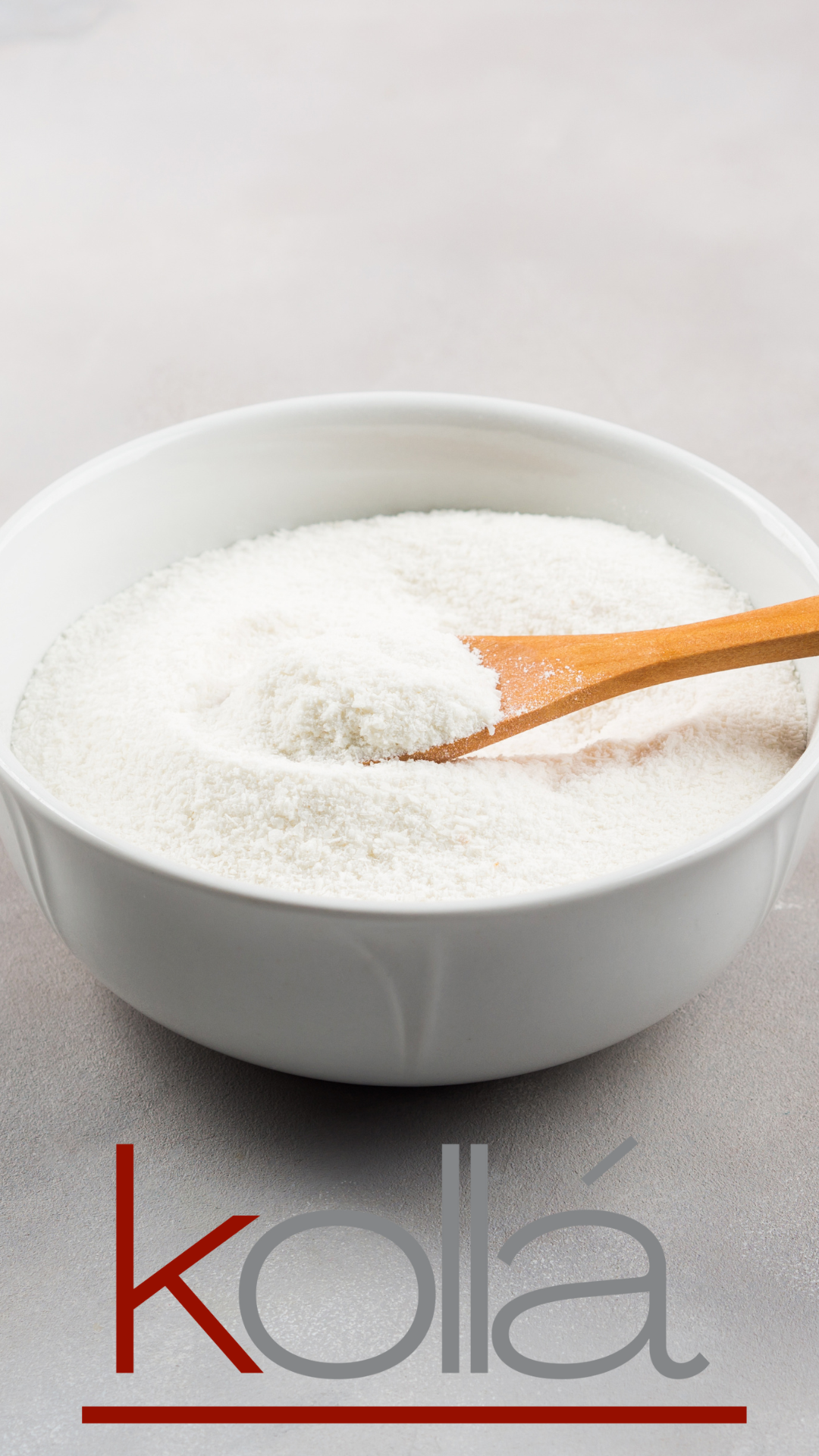
IT’S A PROTEIN
Natural processes in the body, cause collagen protein in our body to constantly be built and broken down.
We are made up of cells and most cells can produce protein. If we can feed and stimulate cells that produce collagen in our bodies, then they will produce more collagen. Cells are grouped together to form tissue and there are 3 different types of tissues in the human body. They are epithelial-, nervous- and connective tissue.
Collagen protein is a large molecule that your body cannot directly absorb. Certain metabolic processes need to occur before the body can build its own collagen protein. Collagen protein needs to be broken down during ingestion (eating) and digestion, into small basic building blocks (amino acids and small peptides) which your body can absorb into the bloodstream.
The bloodstream then transports these basic collagen building blocks to specialized collagen building cells for absorption into these cells.
These collagen building cells then synthesize collagen in the body where it is needed. Collagen is pre-digested and broken down from strong fibers into amino acids and peptides. These basic collagen building blocks are ready for consumption and absorption in the human body.
Collagen protein is vital for living and makes up nearly a third of all the proteins in our bodies. Collagen is the primary substance of connective tissue found in our joint cartilage, tendons, ligaments, muscles, skin, arteries and organs.
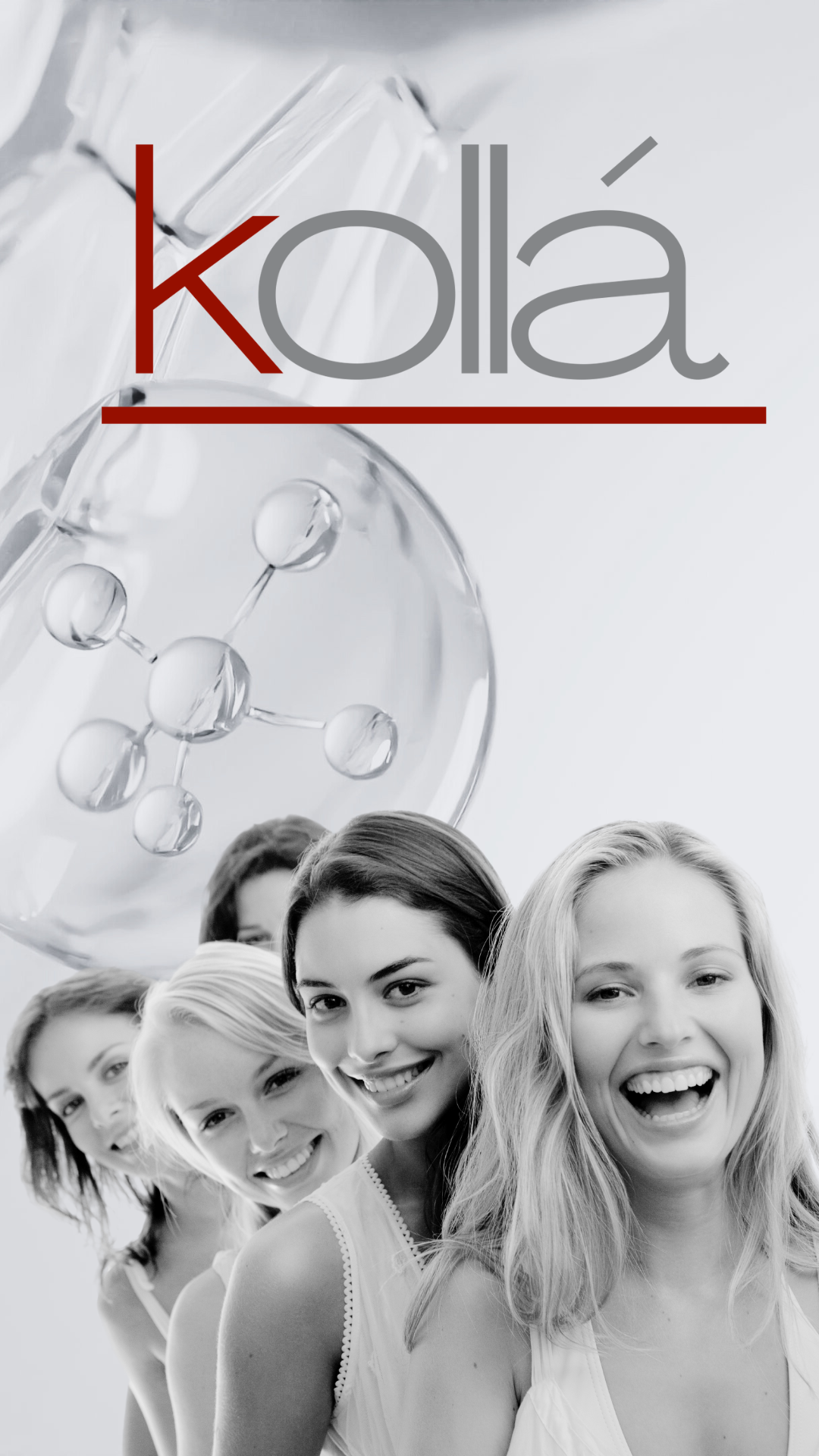
THE MEANING OF HYDROLYZED COLLAGEN
Pure Hydrolyzed Collagen – What Is It And What Is It Used For
Collagen is the most abundant protein in the body. Collagen is available in your muscles, skin, blood, bones, cartilage, and ligaments. Consider adding in an extra serving of this vital protein for a healthier you. Collagen has basic building blocks that promote skin elasticity | holds together your bones and muscles | protects your organs |provides structure to joints
Hydrolyzed Collagen is a concentrated and pre-digested collagen protein that is sufficient in supply and can easily be absorbed into the bloodstream.
Our bodies are wholly dependent on collagen protein. It is the most abundant and functional protein in our bodies. However, the collagen protein molecule is too large to be absorbed directly into the bloodstream. Basically, we need to consume enough collagen and digest it into smaller units which our bodies can absorb into the bloodstream.
The bloodstream can then carry these basic collagen building blocks (called amino acids and small peptides) to collagen-producing cells. However, the consumption and digestion of collagen are often difficult. Due to our busy western lifestyle, our diets most often do not supply sufficient basic collagen building blocks needed for digestion.
The process of hydrolysis is a natural enzymatic process that is simulated and well-controlled in a food factory, during the production of hydrolyzed collagen. Thereby producing enough of the correct basic collagen building blocks (amino acids and peptides) to be used by the body to build its own collagen protein.
HERE ARE SOME OF THE BENEFICIAL EFFECTS OF COLLAGEN
Collagen has basic building blocks that promote
- skin elasticity
- connectivity of your bones and muscles
- protecting of your organs
- provides structure to your joints
Our products can have the following
positive effects on collagen within the body
- Maintain, Support and Build collagen in the body
- Protect collagen
- Prevent loss and damage of collagen
- Slow down the degradation of collagen
- Optimize the repair of collagen
RETURN TO THE TOP
THERE ARE DIFFERENT TYPES OF COLLAGEN AND DIFFERENT NAMES USED FOR COLLAGEN
Type I collagen is the most abundant in the human body, representing 90% of all collagen types in the body. It forms 90% of the bone organic mass and is the major collagen of tendons, ligaments, cornea and many interstitial connective tissues. It is also the main component of human skin (80%).
Collagen types II and III are the second most prevalent of all types of collagen protein. A frequently asked question is whether Collagen Type I can build joint cartilage since Type II is more associated with cartilage. Scientific research has proven that Collagen Type I does indeed build joint cartilage.
DIFFERENT NAMES FOR COLLAGEN
We commonly use the word “Collagen” since many people have
heard about it.
Technically, however, we are selling Hydrolyzed Collagen also referred to as Collagen Hydrolysate. It also goes by the popular name “Collagen Peptides” or just “Peptides”. Hydrolyzed Collagen is sometimes, incorrectly, referred to as “gelatin”.
ADDITIONAL BENEFICIAL EFFECTS ASSOCIATED WITH KOLLÁ PRODUCTS ON YOUR HEALTH, BODY, AND DIET
quick reference guide
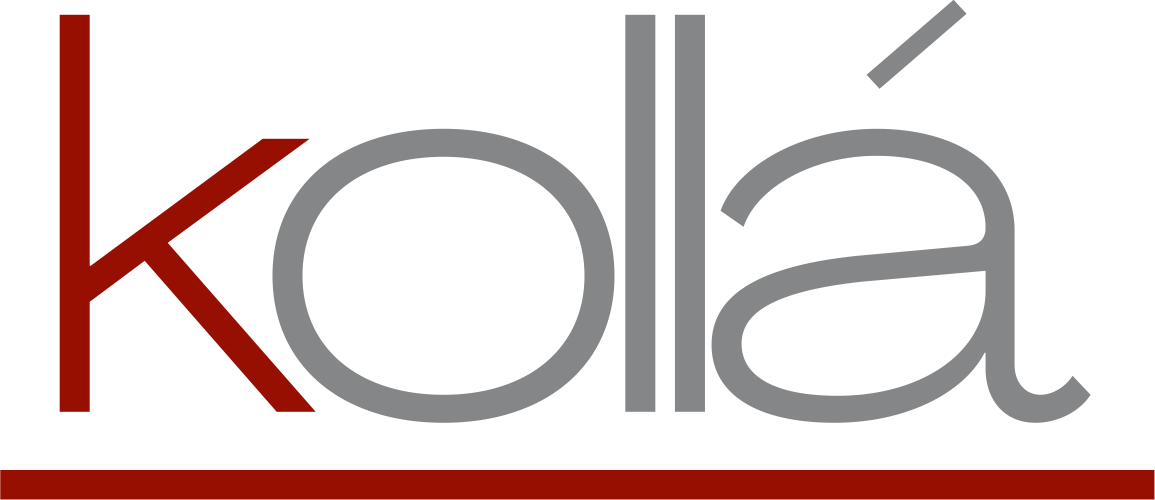
BENEFICIAL EFFECTS ON CARDIOVASCULAR DISEASES
The walls of our arteries are mostly composed of collagen. Collagen contains many amino acids including abundant proline and arginine. Proline shrinks fat in arteries and minimizes fat accumulation in the arteries. It helps prevent arteriosclerosis (hardening of the arteries) since it helps our arteries stay clear of dangerous plaque buildup.
BENEFICIAL EFFECTS ON WOUNDS
Oral administration of collagen is reported to enhance cutaneous (skin) wound healing using stimulation of fibroblast (collagen-producing skin cells) as well as the production of collagen, elastin, and Extra Cellular Matrix (EMC).
BENEFICIAL EFFECTS AS ANTI-DIABETIC
It has been reported that Collagen hydrolysate has hypoglycemic effects and that collagen hydrolysate improves glucose tolerance by inhibiting intestinal glucose uptake and enhancing insulin secretion.
BENEFICIAL EFFECTS ON ANXIETY
Collagen has anti-anxiety properties due to its high concentration of the amino acid glycine. Glycine is an amino acid many of us lack. With collagen, we can boost our glycine levels and improve our ability to manage stress in our fast-paced modern lives.
BENEFICIAL EFFECTS ON WEIGHT LOSS
Collagen helps to lose weight by reducing appetite and increasing metabolism. There is also a metabolic boost due to an amino acid in collagen called glycine which brings blood sugar to tissues and in turn boosts energy.
BENEFICIAL EFFECTS ON YOUR METABOLISM
Metabolism is the set of life-sustaining chemical reactions in the body. A boost in collagen can help increase your metabolism by adding lean muscle mass to your frame and by help
BENEFICIAL EFFECTS ON SLEEP
Good sleep is necessary for a good life. The amino acid glycine collagen, works to improve the quality of our sleep and helps to prevent daytime drowsiness.
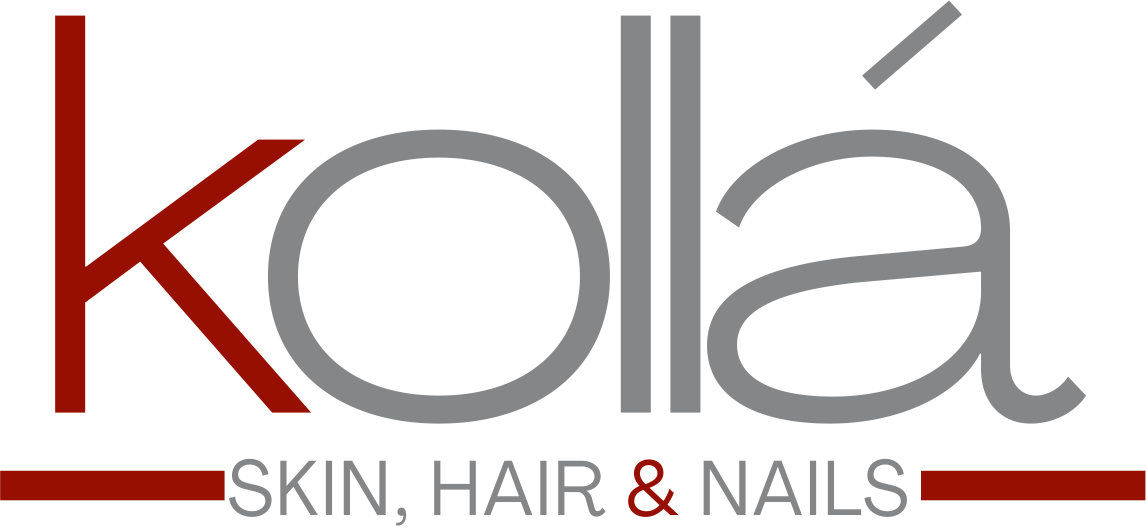
BENEFICIAL EFFECTS ON THE GUT HEALTH
Collagen helps repair Leaky Gut Syndrome. With digestive health issues becoming a great problem these days, many are experiencing the leaky gut syndrome. In addition to helping leaky gut syndrome, the benefits of collagen include helping with water absorption within the intestines, keeping things moving more freely out of your body.
COLLAGEN BOOSTS METABOLISM
Studies have shown that taking collagen boosts our metabolism while also reducing appetite. One such study showed a 20% reduction of food intake after breakfast when collagen peptides were taken at this time.
RETURN TO THE TOP
BENEFICIAL EFFECTS ON TEETH & GUMS
The secret to a healthy smile can be created from within with proper nutrition. In the early 1900s, a famous dentist, Weston Price, went around the world researching isolated tribes that hadn’t made contact with the Western Culture yet. What he discovered is that these people had beautiful, straight smiles without the need for braces, teeth whitening, or surgery. After researching the diet of these tribes, he discovered that besides eating very little sugar, they were consuming plenty of bone broth which is rich in collagen.
BENEFICIAL EFFECTS ON BONE LOSS
Osteoporosis is a serious bone disease characterized by low bone mass and structural deterioration of bone tissue. It leads to bone fragility and increased risk of fractures of especially, but not only, the hip. Osteoporosis is also associated with severe pain, immobility, and disability. Collagen also improves the healing rate of bone fractures.
BENEFICIAL EFFECTS ON WEIGHT LOSS
Collagen helps to lose weight by reducing appetite and increasing metabolism. There is also a metabolic boost due to an amino acid in collagen called glycine which brings blood sugar to tissues and in turn boosts energy.
BENEFICIAL EFFECTS ON HORMONES
The human brain is the body’s control center, receiving and sending signals to other organs through the nervous system and through secreted hormones. Hormones are responsible for many mechanisms within the body. Collagen helps to balance insulin, cortisol, estrogen, testosterone, DHEA, melatonin, progesterone, and even the human growth hormone. Hydrolyzed collagen supplies the necessary amino acids to make essential hormones.
RETURN TO THE TOP
BENEFICIAL EFFECTS OF COLLAGEN PROPERTIES AS ANTI-TUMOR & ANTI-OXIDANT
It has been demonstrated that collagen hydrolysate has good antioxidant activity. Anti-oxidants fight free radicals. Free radicals are compounds that develop in your body as a result of stress, air pollutants, smoking, poor dietary choices, alcohol, and other environmental influences. Too many free radicals can harm your cells, proteins, and DNA.
It has been reported that collagen hydrolysate inhibits spontaneous tumor incidence and increases life span by building strong and healthy collagen in the body. It has been said that healthy collagen is essential for surviving cancer.
